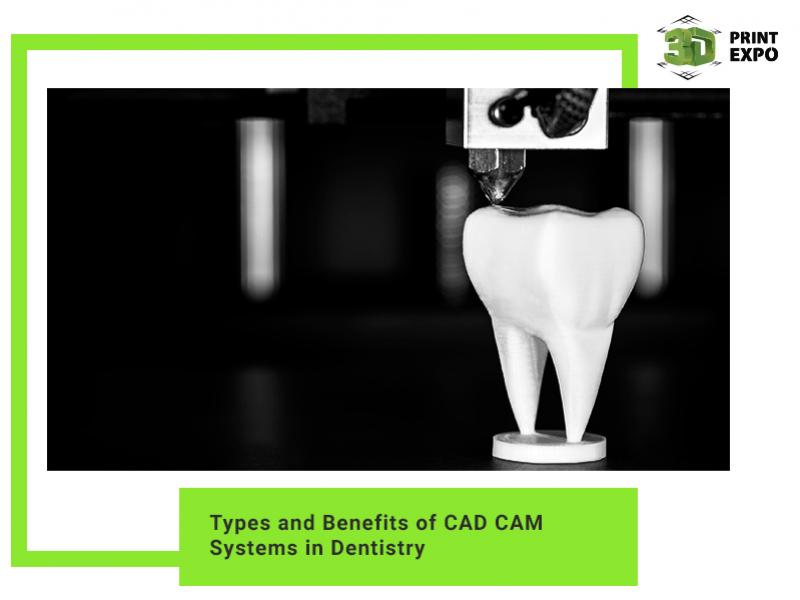Organovo Only 4-6 Years Away From 3D Printing Partial Livers For Human Implantation

There are so many areas within the 3D printing space one can get excited about; however, in my opinion one of the most exciting areas is the work being done by San Diego-based Organovo, led by CEO Keith Murphy. Although a young company, they are at the forefront of research and development pertaining to the 3D printing of numerous human tissues.
Last week at the Inside 3D Printing Conference in Santa Clara, California, Murphy, who I had the pleasure of meeting, was on hand to give a speech about the future of bioprinting. An incredible amount of information was divulged in a short period of time, leaving many in the crowd in awe. Although many within the industry are aware of Organovo’s aspirations to 3D print a variety of human tissues, there certainly was a lot of information, pertaining to their work, which has been flying under the radar.
The company has already successfully 3D printed several human tissues, including that of the lung, liver, heart, breast, peripheral nerves, bone, and blood vessels. According to Murphy, next month (November) the company will begin offering their 3D printed liver tissue commercially, targeting pharmaceutical companies looking to perform liver toxicity test on a variety of drugs under trial. Their goal is to reduce the reliance on animal testing in clinical trials, tests which oftentimes are unreliable.

This is only their immediate plan, as even more exciting possibilities lie ahead in the next several years. According to Murphy, they are estimating that within 4-6 years the first clinical trials will begin for the 3D printing of partial human livers. These partial organs could be used to replace diseased portions of a patient’s liver, extending their life as a full transplant is awaited. Such procedures could provide a sick patient with as much as an additional year of survival, increasing the chances of an entire organ becoming available.
If this seems a bit too optimistic for you, maybe the fact that the company is already working on early animal studies with three different tissues to print partial organs will put things in better perspective for you. This is just one area within Organovo’s business model, however. The company has plans to expand into many different areas, including Oncology.
One of the more interesting segments of Murphy’s speech had to do with their work involving breast cancer tissue. One of the problems holding back researchers in the discovery of new drugs to battle this terrible disease is the difficultly they encounter during drug testing. Because of the core-mantle structure which breast tumor cells make up, it is very difficult to test a specific drug reliably. What Organovo is doing, however, is 3D printing this multi-cellular architecture, mimicking an actual tumor, and allowing researchers to more accurately test the effects of a given drug.
Additionally, Organovo is working on printing pancreatic ductal adenocarcinoma cells, which thus far have been able to survive in vitro for 10 days, allowing for potential uses within this field of drug discovery as well. 3D bioprinted tumors can reveal the distribution, penetration, and effects of a particular anti-tumor agent, oftentimes much more accurately than animal testing can. Thus bioprinting could significantly increase the rate at which new drugs are discovered, tested, and then approved by the FDA.
The ultimate plan for Organovo doesn’t stop there though. They are already working on the bioprinting of skin, targeting the pharmaceutical industry, but also working alongside L’Oréal, establishing a research partnership for cosmetics testing.
The field is certainly an exciting one, and Murphy seems to have a plan for his company to succeed. If the commercialization of Organovo’s liver tissue is a hit, funding for a slew of other applications within the bioprinting space would be readily available to the company. To put things into perspective, the market cap for Organovo right now is around $465 million, while the toxicity market will be worth $10 billion in 2017 alone.







